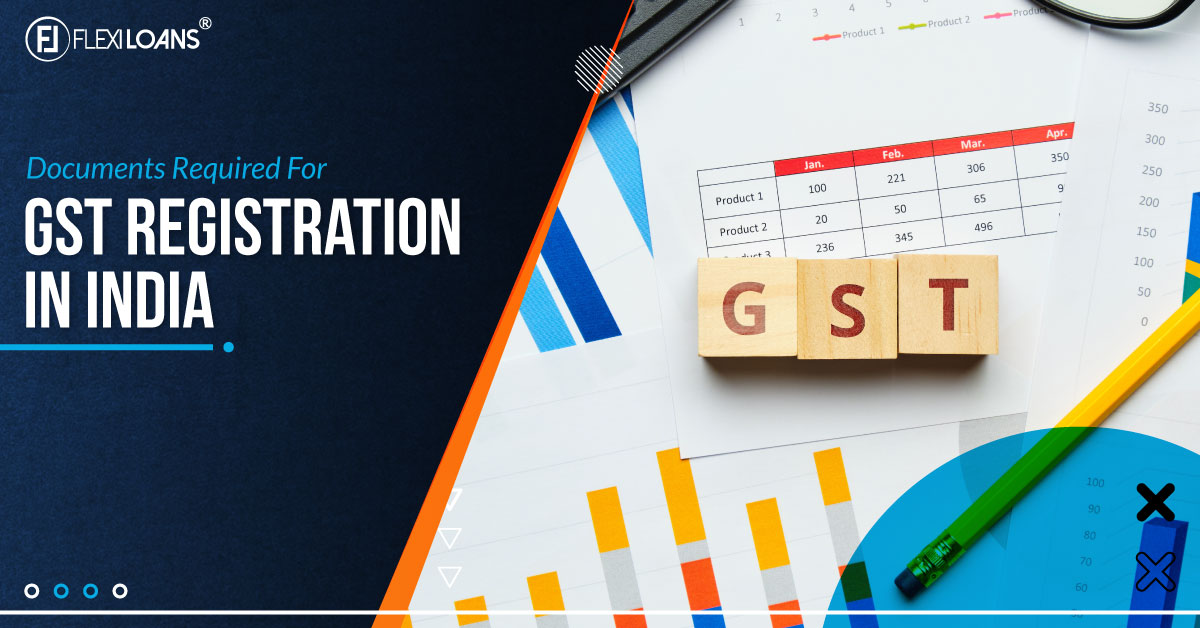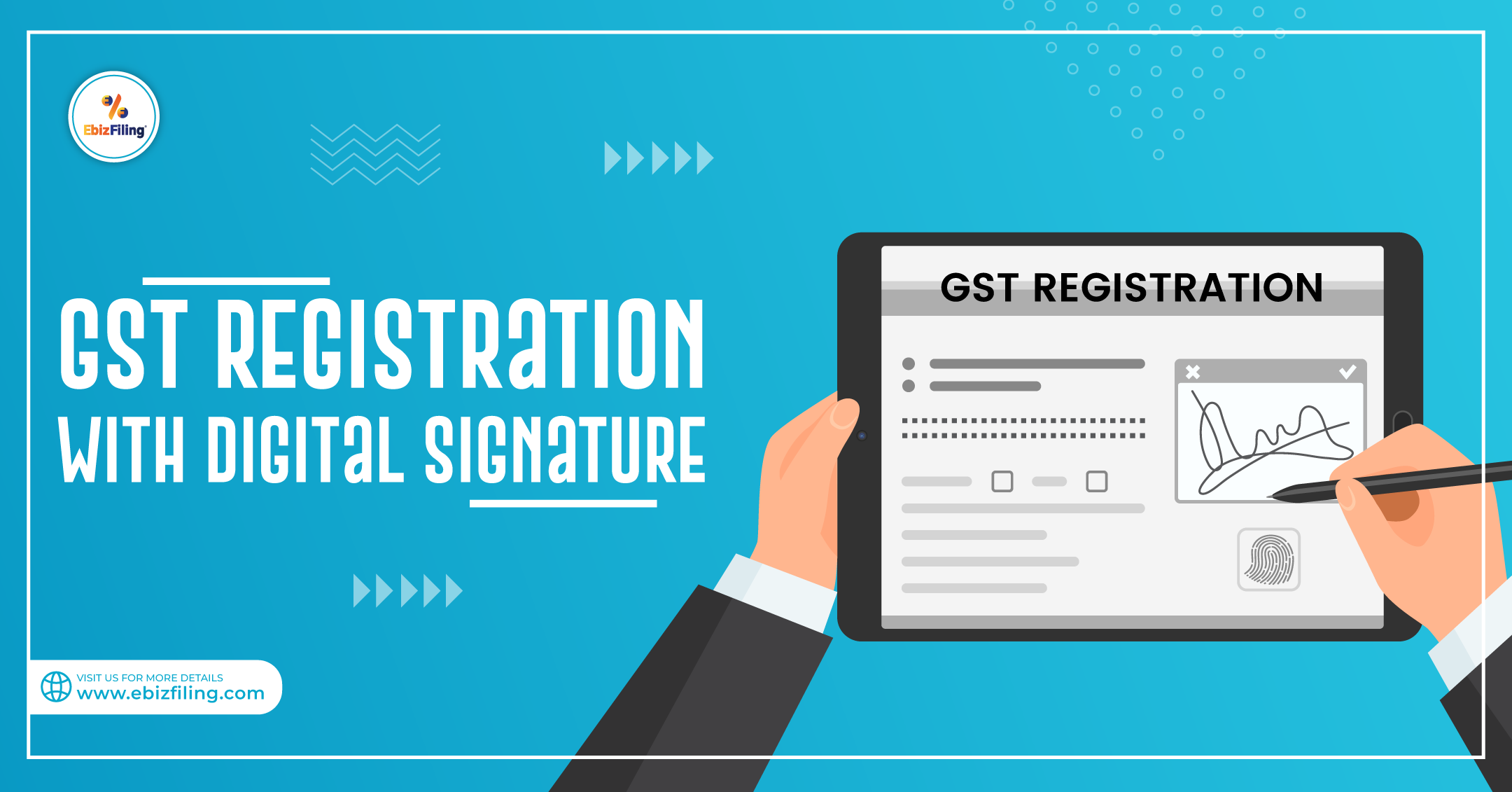How to Navigate Singapore GST Registration for Your Company
How to Navigate Singapore GST Registration for Your Company
Blog Article
Optimizing Tax Obligation Performance: Specialist Tips on Browsing the GST Registration Maze for Local Business
Navigating the intricate landscape of Item and Provider Tax Obligation (GST) registration can be a labyrinthine task for small companies aiming to maximize their tax obligation effectiveness. Comprehending the eligibility standards, careful paperwork requirements, strategic timing factors to consider, and proficient enrollment procedure suggestions can significantly influence a business's financial standing. Conformity with GST guidelines is critical, and adhering to ideal methods can simplify procedures and stop potential risks. In this discussion, we will explore experienced understandings and workable suggestions that can empower small companies to browse the GST enrollment labyrinth successfully and optimize their tax obligation performance.
Eligibility Standards
Eligibility demands for Local business GST Registration include details criteria that organizations need to fulfill to comply with tax obligation policies. To receive GST enrollment, a company needs to have a yearly turnover going beyond the threshold established by the tax obligation authorities, which differs by country. Additionally, services entailed in inter-state supply of services or products, or those marketing items online, might be called for to sign up for GST, irrespective of their turnover. It is necessary for organizations to properly establish their qualification based upon these turn over limits to stay clear of fines for non-compliance. Singapore GST Registration.

Documentation Requirements
To successfully finish the procedure of GST registration, local business have to guarantee they have all needed paperwork in order. The needed paperwork commonly consists of evidence of company registration or unification, identification and address evidence of the business proprietor, photographs, savings account details, and evidence of the primary place of service. Additionally, organizations need to give details of their organization activities, consisting of the services or items supplied. It is important to ensure that all papers are precise, approximately date, and in the specified layout to avoid hold-ups or denials during the enrollment procedure.
Keeping all necessary documentation arranged and easily available can simplify the registration procedure and assistance businesses abide with the demands successfully. Precise attention to detail and adherence to the documentation standards are vital for an effective GST enrollment process for tiny companies.
Timing Factors To Consider
Taking into consideration the vital documentation needs have been thoroughly addressed, the following crucial aspect for small companies starting the GST enrollment process is the calculated management of timing considerations. Timing plays a crucial role in GST registration, affecting not just compliance however additionally financial elements of the organization. Local business require to carefully prepare the timing of their GST enrollment to maximize benefits and lessen possible risks.

In addition, companies must straighten the timing of their GST enrollment with their functional readiness. Appropriate prep work, such as upgrading audit systems and training team, is necessary to perfectly integrate GST demands into everyday operations. By tactically managing timing considerations, small companies can navigate the GST enrollment procedure effectively and optimize their tax efficiency.
Registration Process Tips
Effectively browsing the GST registration process calls for local business to implement positive and tactical registration process pointers. One critical pointer is to make certain all needed papers are conveniently available before starting the enrollment procedure. This includes company enrollment records, proof of address, financial institution statements, and recognition proofs of the organization owners. Validating the accuracy of the details offered is just as important to avoid delays or denials. discover this info here
Additionally, comprehending the limits and demands for GST enrollment based upon the specific state or area where the company runs is important. Some states have various turnover thresholds that trigger compulsory registration, so being informed regarding these limits can help services prepare ahead.
One more important tip is to think about seeking expert help from accountants or tax obligation consultants who focus on GST enrollment. Their proficiency can improve the process, decrease errors, and guarantee compliance with all policies.
Compliance Best Practices
Navigating the GST enrollment procedure efficiently requires not only tactical registration process tips but likewise attentive adherence to compliance finest methods to ensure ongoing regulative placement. Small companies need to prioritize conformity to prevent charges and preserve a good standing with tax authorities. One crucial best technique is to keep accurate and detailed records of all purchases. This consists of invoices, invoices, and other financial records that may be required for tax obligation audits or compliance checks. In addition, remaining informed concerning any type of updates or changes to GST guidelines is necessary. Local business proprietors ought to routinely assess government standards and seek specialist guidance if required to ensure they are fulfilling all demands. It is likewise recommended to file GST returns on time to prevent late costs and charges. By including these compliance finest techniques into their procedures, local business can browse the intricacies of GST registration with self-confidence and effectiveness.
Verdict
To conclude, small companies can navigate the GST registration labyrinth by ensuring they meet eligibility criteria, gather needed paperwork, think about timing ramifications, comply with enrollment procedure ideas, and abide by conformity ideal techniques. By optimizing tax obligation effectiveness via correct GST enrollment, organizations can enhance their financial administration and operations.
Navigating the complex landscape of Product and check my blog Services Tax (GST) registration can useful link be a labyrinthine job for small services aiming to maximize their tax obligation performance.Qualification demands for Small Company GST Registration incorporate certain criteria that businesses have to fulfill to conform with tax laws. The needed documentation generally consists of evidence of business enrollment or unification, identity and address proofs of the company proprietor, photos, financial institution account information, and proof of the major location of company. Additionally, organizations need to offer details of their service activities, consisting of the solutions or products provided.Effectively browsing the GST registration procedure calls for little businesses to carry out strategic and positive enrollment process suggestions.
Report this page